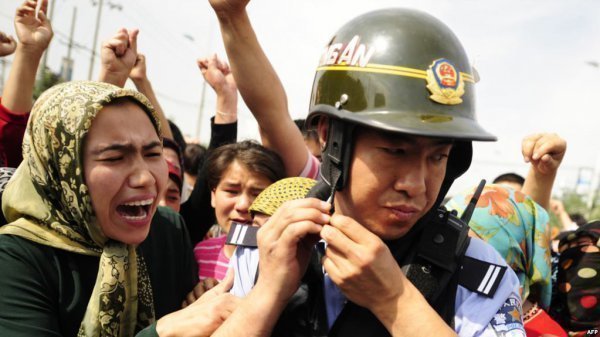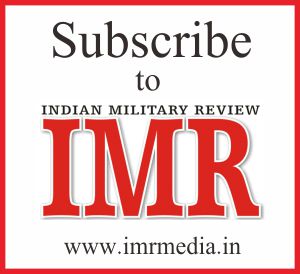WASHINGTON/ BEIJING: The US has imposed sanctions and visa restrictions on three senior Chinese officials, including the regional boss of the ruling communist party, for alleged human rights abuses targeting Uyghurs, ethnic Kazakhs, and members of other minority groups in the restive Muslim-majority Xinjiang province.
China is accused of mass detentions, religious persecution and forced sterilisation of Uyghurs and others in the resource-rich northwestern province.
Authorities there are thought to have detained about a million people in re-education camps in recent years for “vocational training” to counter radicalism and separatism in Xinjiang.
The three senior officials named by US Secretary of State Mike Pompeo in a statement were: Chen Quanguo, the communist party secretary of the Xinjiang Uyghur Autonomous Region and a member of the powerful Politburo; Zhu Hailun, party secretary of the Xinjiang political and legal committee; and Wang Mingshan, party secretary of the Xinjiang public security bureau.
The US state department warned American citizens on Saturday to “exercise increased caution” in China due to heightened risk of arbitrary law enforcement including detention and a ban from exiting the country. “US citizens may be detained without access to US consular services or information about their alleged crime,” the State Department said.
A border clash has plunged ties between India and China to their lowest point in decades. But one beneficiary looks clear – the US-India relationship. Experts say India could finally end equivocation about openly aligning itself with the long-eager United States, although there will still be disagreements — which, paradoxically, are now mostly due to Washington.
Chen is the highest-ranking Chinese official ever to be hit by US sanctions. He is said to be the architect of China’s harsh policies against minorities, and was previously in charge in Tibet.
Former security official in Xinjiang, Huo Liujun has also been named in the list.
As a result of the US move, they and their immediate family members are ineligible for entry into America. It is now a crime in the US to conduct financial transactions with all of them, and they will have their US-based assets frozen.
“The United States is taking action today against the horrific and systematic abuses in Xinjiang and calls on all nations who share our concerns about the CCP’s attacks on human rights and fundamental freedoms to join us in condemning this behaviour,” Pompeo said.
In a separate statement, Treasury Secretary Steven Mnuchin said the US is committed to using the full breadth of its financial powers to hold human rights abusers accountable in Xinjiang and across the world.
“The United States will not stand idly by as the CCP carries out human rights abuses targeting Uyghurs, ethnic Kazakhs, and members of other minority groups in Xinjiang, to include forced labour, arbitrary mass detention, and forced population control, and attempts to erase their culture and Muslim faith,” Pompeo said.
Before ramping up the CCP’s campaign of repression in Xinjiang, Chen oversaw extensive abuses in Tibetan areas, using many of the same horrific practices and policies CCP officials currently employ in Xinjiang, the top American diplomat said.
Responding to the US move, Chinese Foreign Ministry spokesman Zhao Lijian told media briefing in Beijing that the US decision amounted to “serious interference in China’s internal affairs and grave violation of basic norms guiding international relations.”
“Reacting to this wrong move, China has decided to impose reciprocal measures on US individuals and institutions with egregious behaviours on Xinjiang,” he said.
Asked when the sanctions would come into effect, he said, “you will find soon enough.”
This is the third time this week US and China slapped sanctions and visa restrictions.
China on Monday imposed visa restrictions on US individuals with “egregious conduct” on Hong Kong-related issues as a counter to American sanctions against unnamed Chinese officials deemed responsible for curbing freedoms in the city.
The US action came after China went ahead with the implementation of its new national security law for Hong Kong disregarding international condemnation to quell mass protests opposing growing Chinese interference, marginalising “one country two systems” formula governing Hong Kong.
On Wednesday, Beijing said it would retaliate the US action to impose visa restrictions on Chinese officials involved in restricting access to foreigners to Tibet with visa bans on Americans with “egregious conducts”.
In recent months, the Trump administration has stepped up its actions towards China on all fronts, including clamping down on Chinese media entities, going after Chinese pharmaceutical and research cybertheft. Tensions between the US and China are already high over the coronavirus pandemic with Washington accusing Beijing of covering up the outbreak last year













